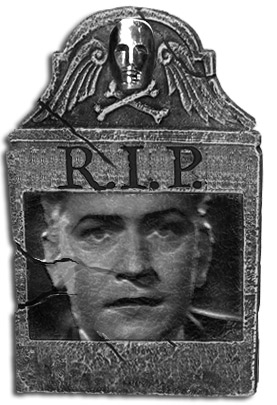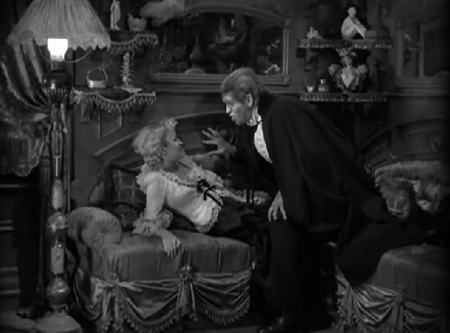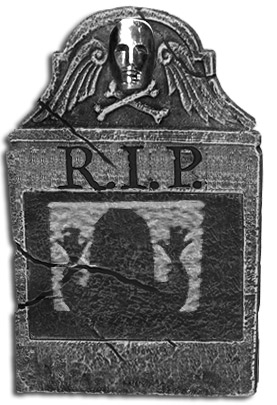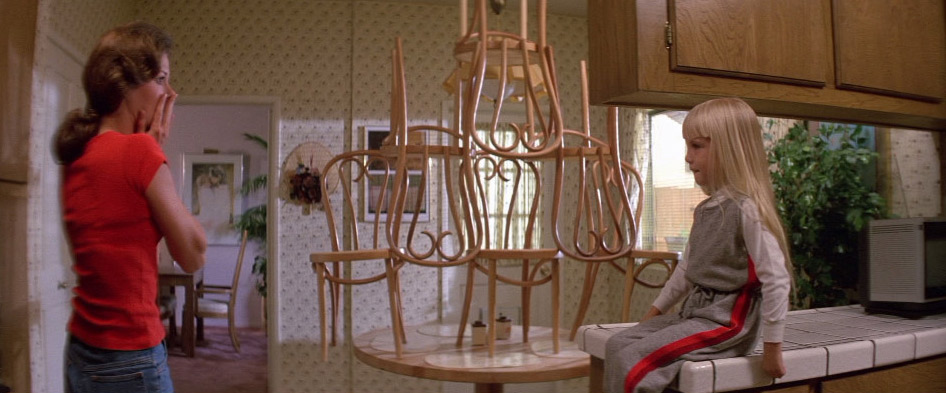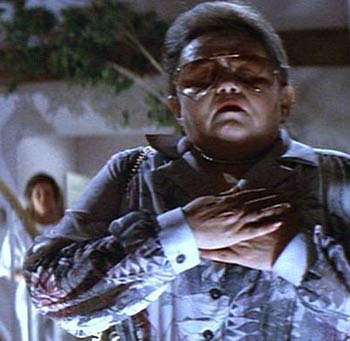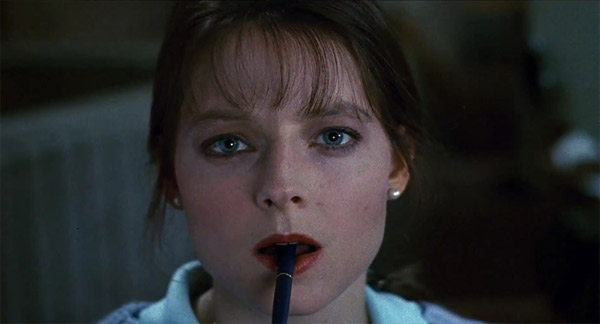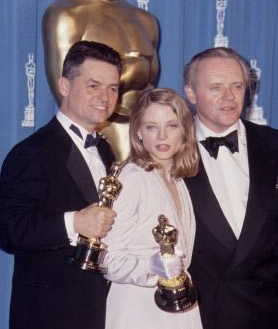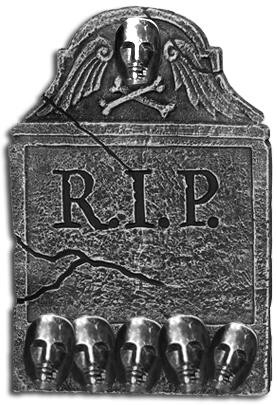Box Office: Familiar Spectrals
 Sunday, October 23, 2011 at 3:45PM
Sunday, October 23, 2011 at 3:45PM Proving once again that Paranormal Activity is the new Saw (i.e. the same movie over and over again as Halloween ritual) the third outing did better than anyone expected. I saw and sort-of enjoyed the first but figured that was enough since faux found-footage / surveillance type of movies tend to wear out their welcome (for me at least) by the end of the movie, let alone for sequel after sequel! I recently saw Trollhunter, the Norwegian "documentary" about, well, troll hunting. And it was clever, well made and definitely fun... but even then I was like 'Please End!'
Still, I would pay lots of money to see a Paranormal Activity 4: The Haunting of The Haunts in which famous ghosts from the movies are scared to undeath in their own homes by other famous ghosts from the movies!
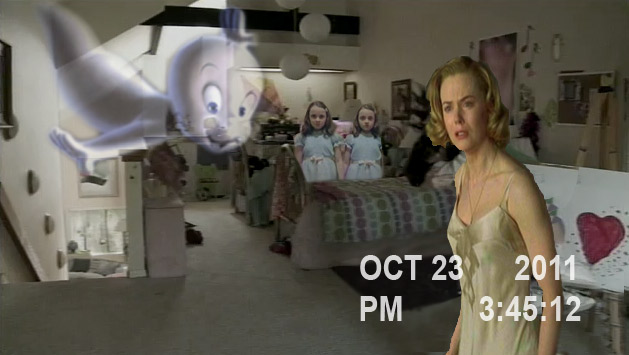
Then at least it would be believable that the residents don't leave once the shit starts going down; they can't!
Box Office (U.S.) Top Ten -Estimates
01 PARANORMAL ACTIVITY 3 newish $54
02 REAL STEEL $11.3 (cum. $67.2)
03 FOOTLOOSE $10.8 (cum. $30.8)
04 THE THREE MUSKETEERS newish $8.8
05 IDES OF MARCH [capsule] $4.9 (cum. $29.1)
06 DOLPHIN TALE $4.2 (cum. $64.3)
07 MONEYBALL [review] $4.0 (cum $63.7)
08 JOHNNY ENGLISH REBORN newish $3.8
09 THE THING $3.1 (cum. $14.1)
10 50/50 [review] $2.8 (cum $28.8)
Talking Points
• It says quite a lot about the viability of The Three Musketeers 3D! that i hear more talk about Milla Jovovich's complaints about the lack of studio promotion than I did about the movie itself.
• In limited release world -- or what we call "major markets" -- spooky Martha Marcy May Marlene was the top draw. Next weekend it expands to 10 more cities so go see it. Fantastic movie. The other high profile limited release, the financial thriller Margin Call also fared well.
What did you see this weekend?
I meant to opt for a whole day of movie-going but checked the box beside "pathetic shut-in" instead. Good times.



